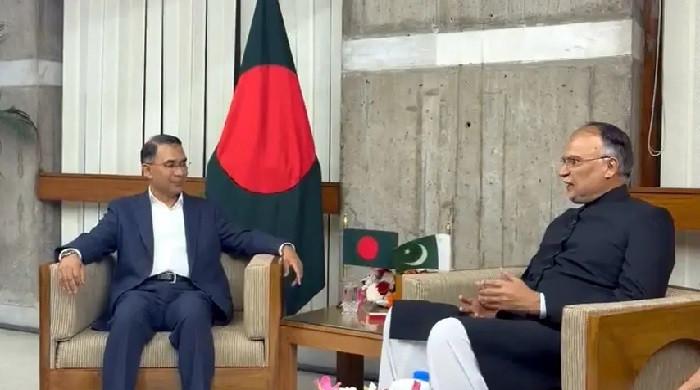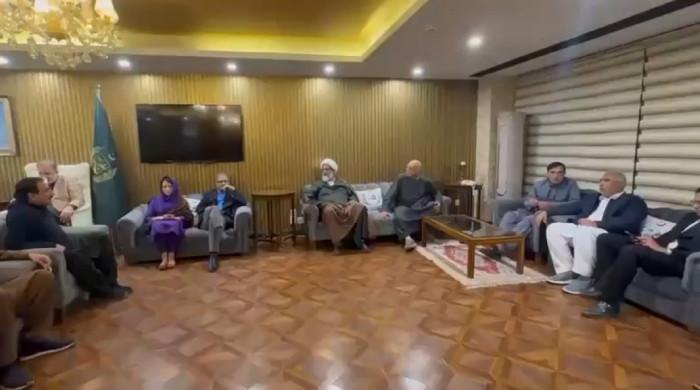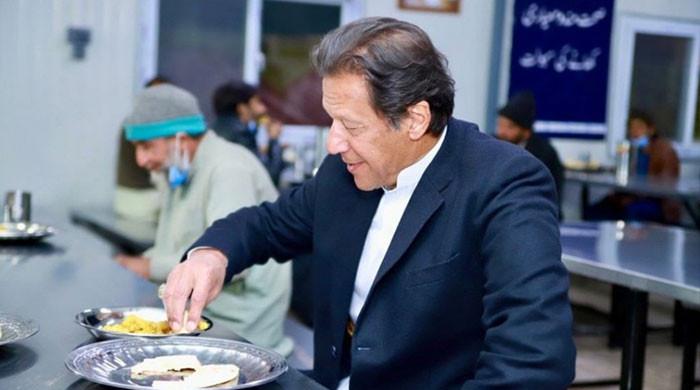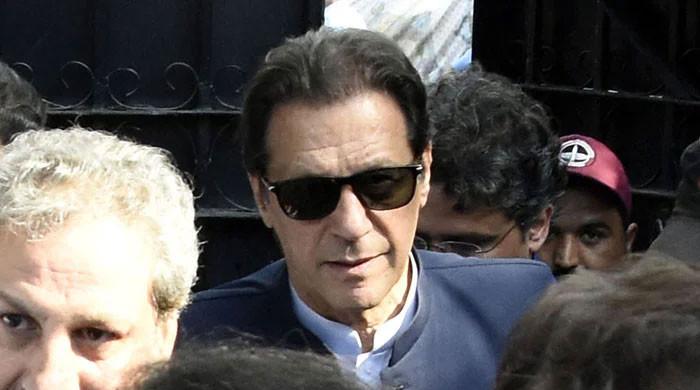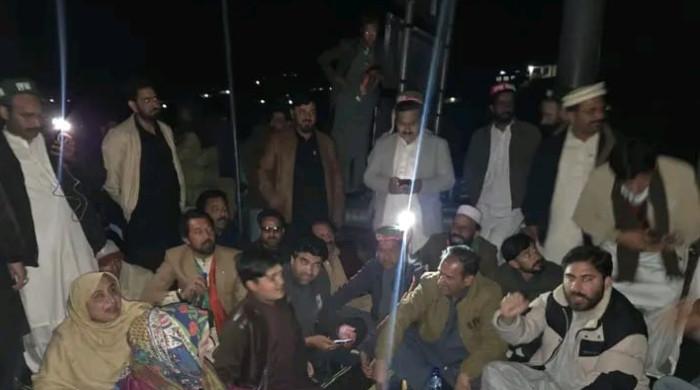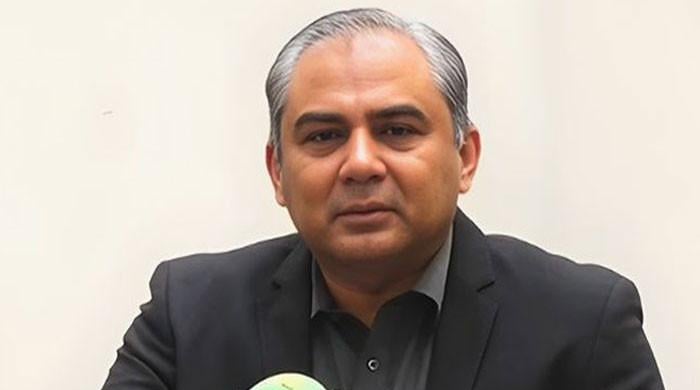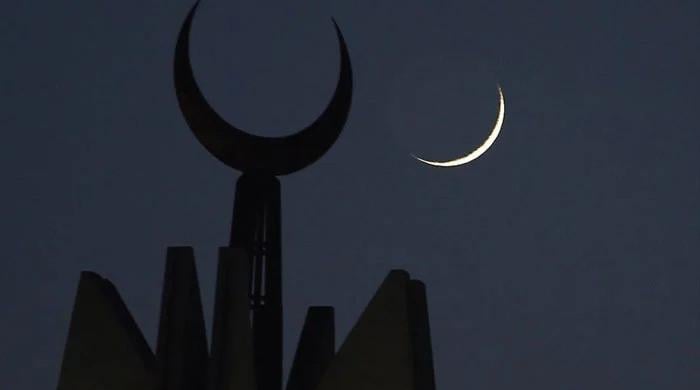'Threat letter': A diplomat's view
Former high commissioner of Pakistan to India Abdul Basit says such threats are unheard of in state-to-state relations
March 30, 2022
- Former high commissioner of Pakistan to India Abdul Basit says such threats are unheard of in state-to-state relations.
- Says PM's briefing does not clarify whether letter contained diplomat's assessment or actual quotes of foreign state officials.
- Prime Minister Imran Khan says memo would be shared with parliamentarians during an in-camera session.
After Prime Minister Imran Khan said that a Pakistani envoy posted in a foreign country wrote the memo that he flashed on March 27 during a rally and termed it "threatening", former high commissioner to India Abdul Basit said that state officials issuing such threats to diplomats is completely unheard of.
"Incidents where state officials tell diplomats that they would sever ties if a country's government is not sent packing has never been heard before," he said.
Speaking during Geo News' programme "Aaj Shahzaib Khanzada Ke Saath," Basit, who was also the former ambassador of Pakistan to Germany, said that "sensitive issues of foreign policies should not be discussed in public."
He said that the memo the prime minister has been referring to most probably carries the minutes of the meeting between US officials and a Pakistani diplomat, adding that along with the minutes, the letter might also include the assessment of the diplomat regarding the future.
"The briefing provided by the prime minister to journalists does not make it clear whether the mention of the no-confidence motion in the letter was the Pakistani diplomat's personal assessment or whether it was said by the officials of the foreign country in question," he said.
Basit said that if foreign state officials have said such a thing, then he would be "very, very surprised," because this is unprecedented in state-to-state relations.
Regarding the supposed linkage of the "written threat" with Pakistan's stance on the Russia-Ukraine conflict, the former diplomat said that foreign policies take a lot of time and do not change overnight.
"There are other countries that had abstained at the UNGA and Pakistan was not the only one," he said. "Pakistan's relationship with Russia has not significantly deepened which could worry the United States."
"In my view, the nub of the problem is to properly deal with diplomatic relations and foreign policy issues," he said. "It was a big mistake to share this letter with the public."
He added that the premier is trying to build a narrative as he is eyeing the next elections so that he could claim that his government was removed through a conspiracy.
Earlier in the day, PM Imran Khan, while interacting with journalists, had said the envoy had sent the letter to Pakistan after he met an official of a foreign country, according to sources.
The premier had said the memo was shared with the military leadership, according to sources, and mentioned that the tone used in the cable was "threatening".
The prime minister said the memo would be shared with parliamentarians during an in-camera session, but noted that the name of the country that "threatened" Pakistan could not be shared — as national security laws are applicable.
Minister for Planning, Development, and Special Initiatives Asad Umar, who attended the briefing, according to sources, told the journalists that the memo mentions that if the no-confidence motion passes, everything will be forgiven for Pakistan.
Umar further said that the letter mentions that "in case of its failure, the problems for Pakistan will increase."
— Thumbnail image: Twitter/abasitpak1 and screengrab of PM Imran Khan waving the letter via Geo News.




